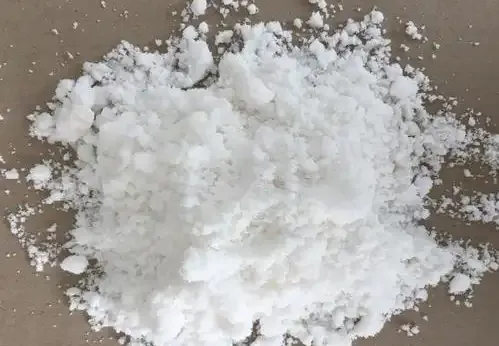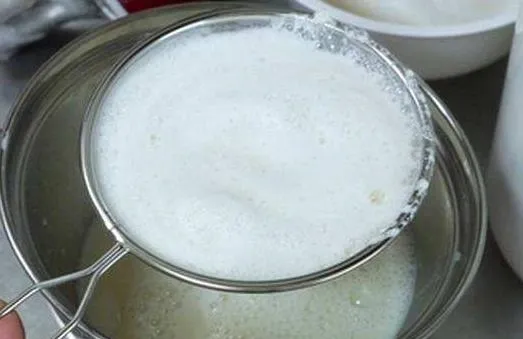
The Role of Antifoaming Agents in Industrial Applications
In various industrial processes, foam formation can be a significant challenge, affecting product quality, production efficiency, and overall performance. This is where antifoaming agents come into play. These specialized chemicals are designed to prevent or reduce foam formation, ensuring smooth and efficient operations in a wide range of industries, from manufacturing to food production. Understanding the different أنواع عوامل منع الرغوة and their applications is crucial for selecting the right solution for each process.

Understanding Different Types of Antifoaming Agents
There are several أنواع عوامل منع الرغوة, each formulated to address specific foaming issues based on the nature of the foam and the industry’s requirements. The most common types include organic antifoam agents, which are based on oils, and silicone-based agents, which are known for their superior efficiency.
A عامل السيليكون المضاد للرغوة is particularly effective in high-temperature and high-stress environments, such as those found in the chemical, pharmaceutical, and food industries. Silicone-based agents work by forming a thin, flexible layer on the surface of the foam, effectively preventing its formation or causing it to collapse quickly. These agents are highly efficient, making them ideal for processes that require quick defoaming without negatively impacting the final product.
In addition to silicones, defoaming agents are another category of foam control agents. Defoamers are often added when foam has already formed, helping to break it down and prevent further issues. They can be made from various materials, including oils, surfactants, and other organic compounds. Defoamers are particularly useful in applications where foam is not the primary concern but still needs to be controlled to maintain smooth operations.

Choosing the Right Antifoaming Agent
When selecting the right anti foaming agent for a specific application, it's essential to consider factors such as the type of foam, the process temperature, and compatibility with other chemicals. For instance, a عامل السيليكون المضاد للرغوة may be best suited for high-temperature processes, while organic antifoams could be better for food-grade applications or when minimizing residues is crucial.
Choosing the right agent ensures that foam is effectively controlled, leading to smoother operations and better product outcomes.
To improve efficiency and product quality, it's important to choose the right antifoaming agent for your process. Whether you're dealing with foaming in manufacturing, food production, or chemical processing, selecting the appropriate agent, such as a عامل السيليكون المضاد للرغوة or a defoaming agent, will ensure smooth, uninterrupted operations. Don't let foam slow you down—optimize your processes today with the right foam control solutions.
-
Unlocking the Value of Cellulose: Types, Derivatives, and Industrial ApplicationsNewsAug.07,2025
-
Unlocking the Power of Cellulose: Types, Applications, and Future InnovationsNewsAug.07,2025
-
Understanding HPMC: Properties, Applications, and Market InsightsNewsAug.07,2025
-
The Versatility and Industrial Value of Cellulose-Based MaterialsNewsAug.07,2025
-
Hydroxypropyl Methyl Cellulose (HPMC): Uses, Grades & Construction BenefitsNewsAug.07,2025
-
Exploring the World of Cellulose: Types, Derivatives, and Industrial UsesNewsAug.07,2025





















